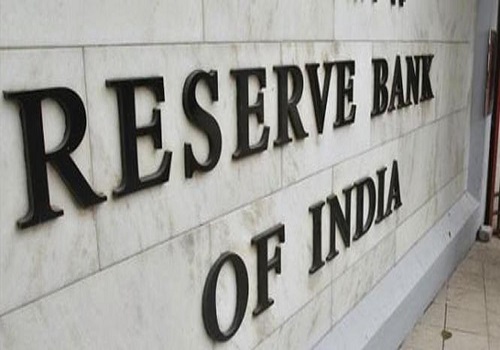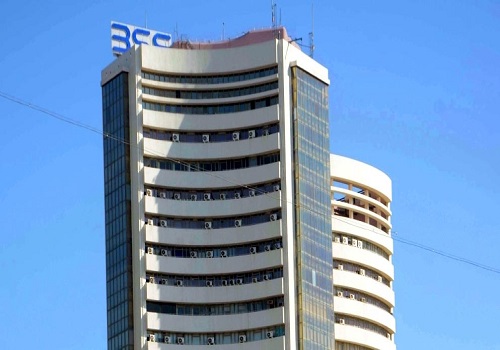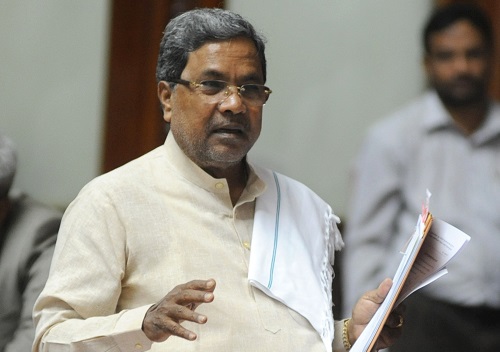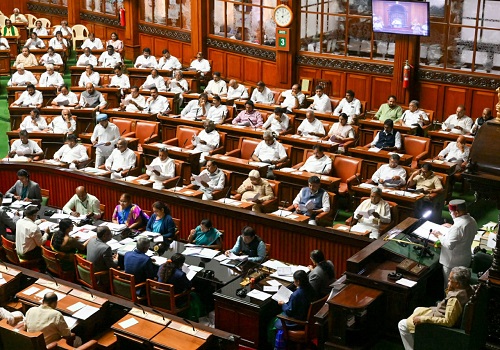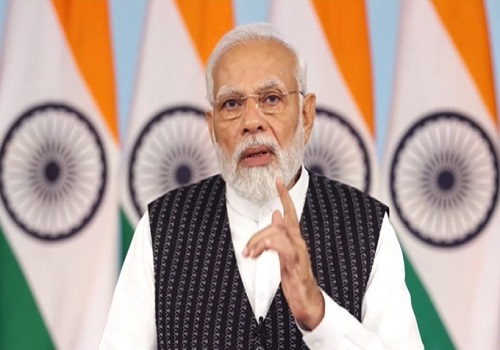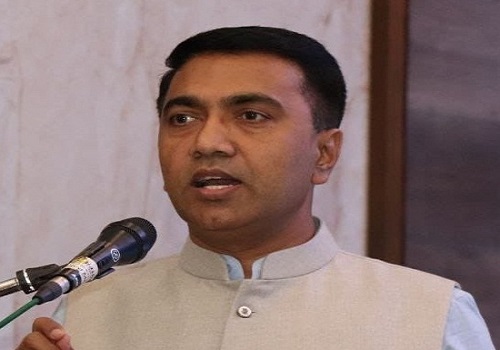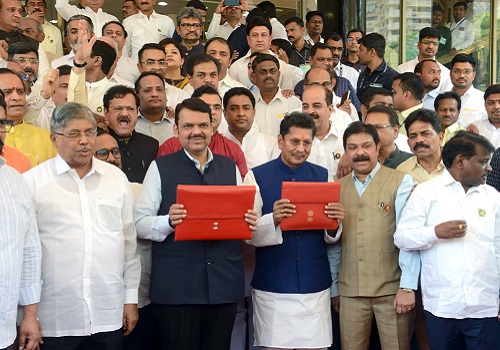India Budget 2023: Here's what the experts say
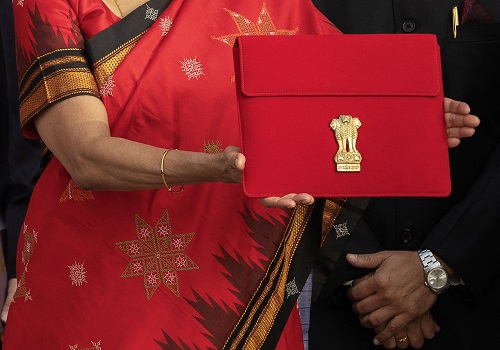
Follow us Now on Telegram ! Get daily 10 - 12 important updates on Business, Finance and Investment. Join our Telegram Channel
India's government will raise its capital expenditure by 33% to 10 trillion rupees ($122.29 billion) in the next fiscal year, the finance minister said on Wednesday, as Prime Minister Narendra Modi tries to create jobs ahead of a general election.
Since taking office in 2014, Modi has ramped up capital spending including on roads and energy, while wooing investors through lower tax rates and labour reforms, and offering subsidies to poor households to clinch their political support.
COMMENTARY:
PALLAV PRADYUMN NARANG, PARTNER, CNK RK, NEW DELHI
"The Finance minister has delivered what looks like a blockbuster budget. While additional tax revenues are going to be collected from the rationalization of exemptions under section 54 and 54F, sops have also been provided to the middle class by way of increase in the taxability threshold and revision of personal tax rates.
"It is also clear now that the government is aiming to move to a simplified exemption-less regime for taxation. The new slab rates should provide much needed momentum to that endeavour.
"The reduction of the peak rates of surcharge is a most welcome measure and will go a long way in ensuring that highly paid professionals, businesses and AIFs stay within India.
"The increase of threshold limits for presumptive taxation for both professionals and small businesses is also a welcome step that will aid more savings and reduce cost of compliance."
SAKSHI GUPTA, PRINCIPAL ECONOMIST, HDFC BANK, MUMBAI
"The budget continues to focus on capex spending as the engine of growth while also paying heed to fiscal consolidation. The lower-than-expected borrowing number for FY24 is likely to bring in some relief for the bond market, although the absolute borrowings continues to remain high and is likely to put a floor for bond yields in FY24.
"Moreover, we remain cautious over the government's ability to finance the fiscal deficit through the increased reliance on small savings despite the new schemes introduced as bank deposit rates rise.
"The consumption boost through income tax slab adjustment is a big positive and bodes well for overall growth and domestic demand in a time when global risks remain high."
VIVEK KUMAR, ECONOMIST, QUANTECO RESEARCH, MUMBAI
"The 10 lakh crore rupees budget for capex will take the Capex/GDP ratio to 3.3%, a 20-year high. In the backdrop of anticipated slowdown in global growth, reliance on public capex as a countercyclical policy will help in supporting overall growth. With state finances incrementally getting better, there is hope that this could be supplemented by an uptick in capex by states in FY24. This we believe would help attract private investments as soon as the global growth cycle stabilizes."
UPASNA BHARDWAJ, CHIEF ECONOMIST, KOTAK MAHINDRA BANK, MUMBAI
"The Union Budget has adequately focused on the holistic development of the economy with special emphasis on infrastructure, MSME financing needs and affordable housing. The surge in capex spending, if achieved, will assure a significant multiplier effect on the overall medium-term growth prospects of the economy."
GARIMA KAPOOR, ECONOMIST, INSTITUTIONAL EQUITIES, ELARA CAPITAL, MUMBAI
"The budget strikes an excellent balance between the need for growth with the need for inclusion, keeping the de-carbonisation and sustainable growth mandate in mind. The budget keeps in mind the needs of future India while focusing on Artificial Intelligence and machine learning.
"A mammoth 33% increase in capex spending is encouraging although we need to see fine prints to assess the effective allocation. Lower-than-expected market borrowing is also bond market positive. I would surely give a thumbs up for the budget for its balanced focus on growth, inclusion, sustainability and fiscal consolidation."














